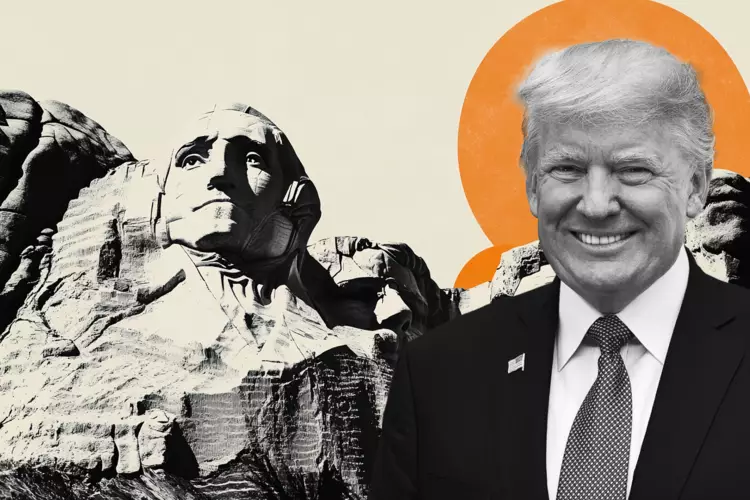At a glance, Donald Trump’s assertion that the United States is so dominant it can simply “get people to do things” appears to exemplify American exceptionalism. However, beneath this bold claim lies a dangerous oversimplification of global influence. True power isn’t just about the capacity to command; it’s about the ability to foster cooperation, navigate geopolitical nuances, and sustain alliances. Trump’s boast reflects an outdated view that raw strength alone can dictate international behavior, neglecting the importance of credibility, diplomacy, and mutual interests. The notion that the U.S. can unilaterally impose its will overlooks the intricate web of alliances, economic dependencies, and political realities shaping today’s world order.
Contradictions in Policy and Rhetoric
Trump’s shifting stance reveals a dissonance in U.S. foreign policy. Once championing an isolationist approach, he now urges allies to exert collective pressure on Russia by restricting energy purchases—particularly Russian oil—to end the Ukraine conflict. This inconsistency reveals a pattern: fluctuating strategies that seem more reactive than proactive. His call for global cooperation appears opportunistic rather than principled, aiming to leverage international leverage without committing to direct confrontation. This flip-flopping breeds skepticism among allies, eroding trust and complicating efforts to present a unified front on critical issues like Ukraine or China’s industrial policies.
The Illusion of Economic Leverage
Trump’s comments about manipulating oil prices to end the war highlight a superficial understanding of economic influence. While controlling energy supplies is undoubtedly a powerful tool, the idea that lowering oil prices automatically ends conflicts oversimplifies geopolitics. This approach ignores the multifaceted motivations driving Russia’s invasion, including security concerns, nationalist ambitions, and strategic calculations. Similarly, his suggestion that tariffs, or the threat thereof, can sway complex international relations underestimates the economic and political costs that tariffs impose on the U.S. itself. Economic leverage, while potent, rarely serves as a magic bullet in resolving conflicts without broader diplomatic efforts.
The Complexity of U.S. Alliances and Global Diplomacy
Trump’s rhetoric underscores a problematic belief in dominance rather than partnership. His confidence that the U.S. can “get people to do things” overlooks the importance of diplomatic finesse. For allies like the UK or European nations, strategic autonomy is increasingly evident—they recognize the need to balance dependence on U.S. support with their own national interests. European leaders, including Prime Minister Starmer, acknowledge that buying Russian oil is problematic but struggle with the economic realities of their reliance. The criticism of Russian drones near Poland and the call for tariff adjustments reveal an underlying tension: the U.S. still views itself as the ultimate arbiter, despite the reality of a multipolar world where influence is harder to wield unilaterally.
Donald Trump’s recent remarks expose a fundamental misjudgment of what true power entails in the 21st century. It’s not merely about domination or making unilateral demands; it’s about cultivating alliances, understanding the interconnectedness of global issues, and employing nuanced diplomacy. While the U.S. undoubtedly possesses significant leverage, claiming it can “get people to do things” oversimplifies the complex dance of international relations. Real influence is calculated, strategic, and often requires patience—an aspect unsurprisingly absent from Trump’s bravado. Effective leadership recognizes that strength must be coupled with credibility and respect, not just forceful proclamations.

